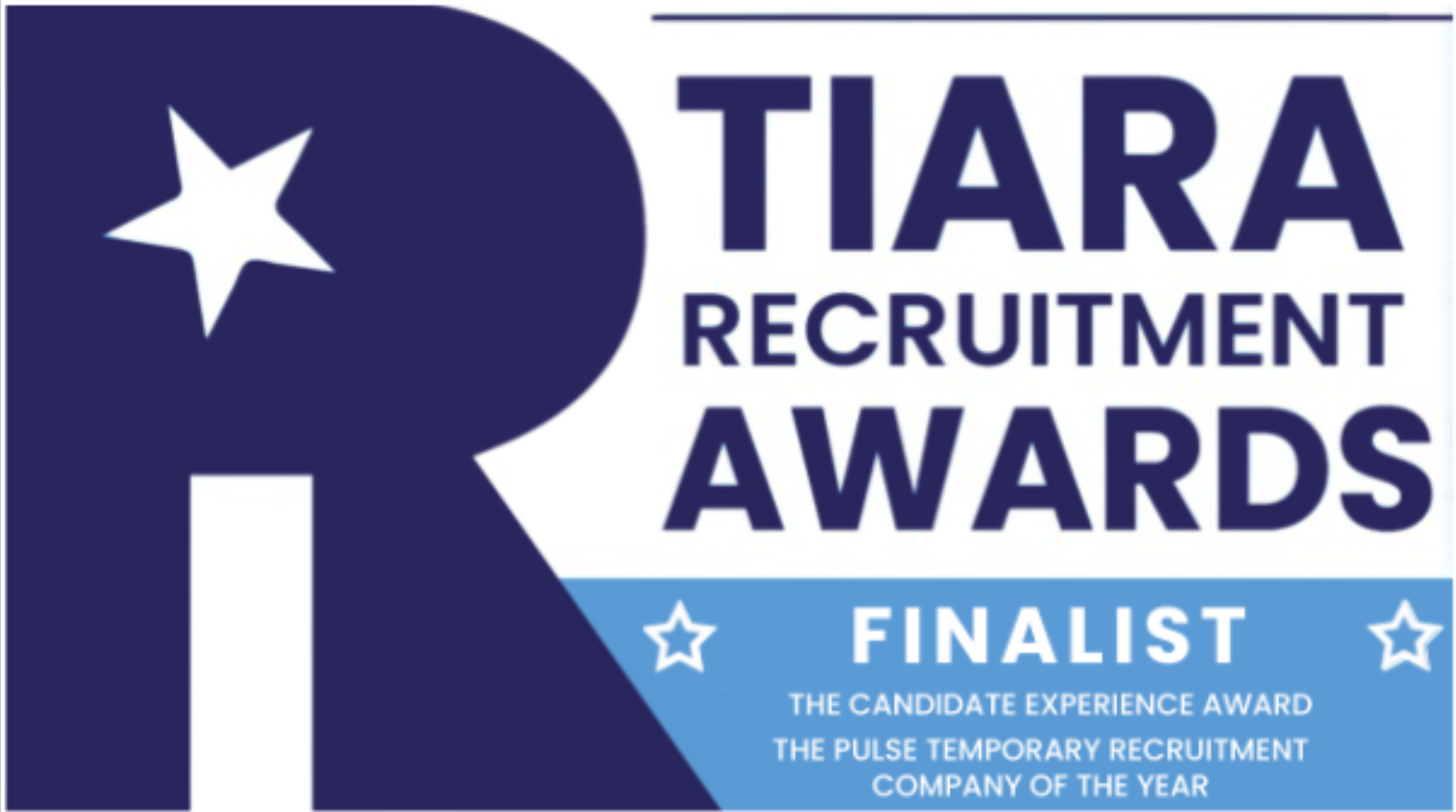Is 'Skillcation' a Future Trend of 2026 to Watch Out For?
Most of us book holidays with one goal in mind: switch off, unwind, and forget about work entirely. But a growing number of professionals are now choosing to spend their annual leave a little differently.
Enter the skillcation, a holiday that blends travel with learning-based experiences designed to boost both personal and professional growth.
It’s not about turning your time off into a second job. Instead, a skillcation gives people the chance to reconnect with interests they rarely have time for, while also building future-ready skills that might benefit their career in the long run.
What Is a Skillcation?
A skillcation is essentially a break that pairs relaxation with skill-building travel experiences. Think of learning Italian in Florence, taking a ceramics retreat in Portugal, or joining a photography workshop in Iceland. They’re still holidays, there’s wine, sun, scenery, late breakfasts, but with an added layer of purpose.
This rise in experience-led travel isn’t surprising. Many professionals want to feel their time away has enriched them beyond a tan and a camera roll of sunsets. Skillcations offer exactly that: personal development holidays where you return refreshed and inspired.
Why Skillcations Are Taking Off
Several broader trends have pushed skillcations into the spotlight:
• Travellers are becoming far more intentional. More than
56%
of UK adults have taken a trip specifically to pursue a hobby or passion.
• Even with rising costs, holidays remain a priority.
• Long-haul, longer-duration trips have jumped from
13% to 21%
since 2019, showing people want more from their time away.
• The need for lifelong learning is rising fast, with employers valuing adaptability, creativity, and digital confidence more than ever.
Put simply, a skillcation scratches two itches at once: the desire to travel meaningfully and the growing pressure to stay future-ready in a changing job market.
The Benefits for Employees and Employers
For Employees, a well-planned skillcation can:
• Reignite creativity and motivation.
• Introduce new professional skills or strengthen existing ones.
•
Reduce burnout
by providing a fresh environment and something mentally stimulating.
• Boost self-confidence through hands-on learning.
Many people find they return from a skill-building holiday far more energised than from a typical “fly-and-flop” break.
For Employers (and Recruiters), skillcations also support workplace goals:
• They’re an effective talent retention strategy, especially for growth-focused employees.
• Businesses seen investing in their people gain a reputation as development-focused employers.
• Employees who engage in learning-led travel experiences often return with sharper soft skills such as problem solving, adaptability and creative thinking.
• Skillcation programmes can complement leadership development and innovation training.
As recruiters, you see the difference instantly: candidates who invest in themselves tend to stand out.
The Risks – How to Do Skillcations Well
A skillcation can be a brilliant idea, but it isn’t automatically a good one. If the itinerary is too intense, the whole trip stops feeling like a break and starts to resemble another form of work. Some people also fall into the habit of trying to “prove” their time off was productive, which only adds unnecessary pressure.
There’s also a balance to strike at organisational level. Personal holidays shouldn’t replace proper workplace training; employees still need structured development even in businesses that value continuous learning.
The best skillcations blend meaningful learning with genuine downtime. Choosing hobby-led learning activities you’re genuinely excited about makes all the difference; if you’re only doing it because it looks impressive, it won’t deliver the restorative effect you’re hoping for. When done well, a skillcation should leave you refreshed, not drained.
How Skillcations Fit Into the Future of Work
Skillcations link to a wider shift in how people learn. Globally, only 8% of adults participate in formal education, but around 37% take part in non-formal learning such as workshops and short courses. In the UK, however, overall learning participation has fallen to 21%, down from 30% just a year earlier.
Even more striking: only half of full-time workers say they’ve learned something new in the past three years. With AI, automation, and emerging technologies reshaping job roles, this gap is increasingly significant.
Skillcations offer an appealing solution. They keep learning accessible and enjoyable by connecting it to personal interests rather than formal classrooms. For many people, a change of scenery sparks motivation, which is why skillcations are becoming an important part of the future of work.
Skillcations are reshaping how we think about holidays, development and well-being. They offer a refreshing alternative to the typical break, one that leaves people not just rested, but genuinely renewed, with new ideas, perspectives and skills to bring back to the workplace.
For businesses, recruiters and candidates alike, recognising the value of learning-focused travel experiences can be a powerful step towards a more engaged, motivated and future-ready workforce.
At V7 Recruitment, we’re committed to supporting this shift. Whether you’re a company looking to strengthen your people strategy or a professional seeking a role that aligns with your development goals, we’re here to help you take that next step.
👉 Get in touch with V7 Recruitment today to explore how we can support your growth in a future-focused world of work.

Published on November 19, 2025
Written by Hannah Pooley











